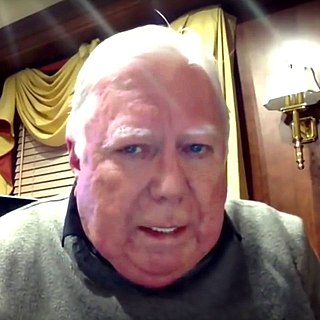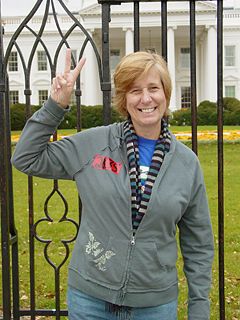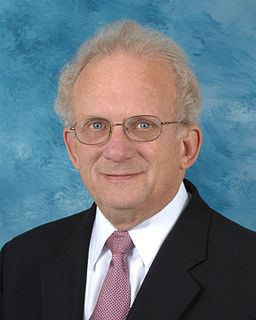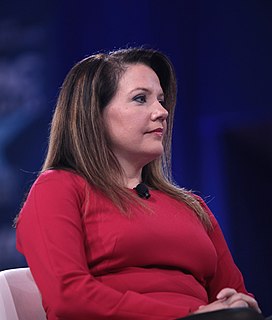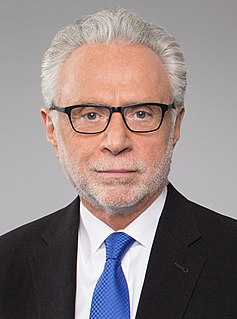A Quote by Timothy Garton Ash
A central claim of the Bush administration's foreign policy is that the spread of democracy in the Middle East is the cure for terrorism.
Related Quotes
Since the Bush-Cheney Administration took office in January 2001, controlling the major oil and natural gas fields of the world had been the primary, though undeclared, priority of US foreign policy... Not only the invasion of Iraq, but also the toppling of the Taliban in Afghanistan, had nothing to do with 'democracy,' and everything to do with pipeline control across Central Asia and the militarization of the Middle East.
This administration, Barack Obama and Hillary Clinton through their foreign policy, have betrayed the American people, because the weakness they've displayed has led to Putin's incursions in the Middle East and in eastern Europe, and has led - has led to significant problems in the Middle East as well, and the death and murder of lots of folks.
We're not going to cure terrorism and spread peace and goodwill in the Middle East by killing innocent people, or I'm not even saying our bullets and bombs are killing them. The occupation that they don't have food. They don't have clean water. They don't have electricity. They don't have medicine. They don't have doctors.
In fact if you look at Reagan's global war on terrorism it very quickly turned into a massive terrorist war: [by us] Central America, South Africa, the Middle East, all U.S.-backed terrorism. That's one of the reasons why it disappeared from history and why the standard line is that Bush 43 declared the war on terror. Actually he just repeated what Reagan had said 20 years earlier.



